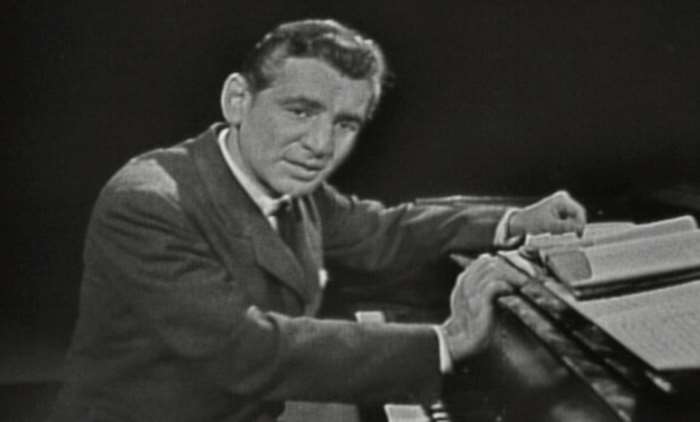It’s hard to imagine him as an old man, but Joe Strummer would have turned 60 today. Strummer was the heart and soul of the legendary punk group The Clash, the reason many people called it “The only band that matters.”
He was a man with a Bob Dylan-like instinct for self-invention. Born John Graham Mellor on August 21, 1952 in Ankara, Turkey (his father was in the British diplomatic service), he changed his name to Joe Strummer in the early 1970s while playing in a rhythm and blues band called the 101’ers. When the Sex Pistols opened for the 101’ers, Strummer was so impressed with the band’s take-no-prisoners attitude that he threw himself into the punk movement, accepting an offer from guitarist Mick Jones, bassist Paul Simonon and manager Bernie Rhodes to join what would eventually become The Clash.
With the Clash, Strummer helped move punk beyond the self-absorbed nihilism of its early days to embrace political and social awareness. After the band disintegrated in the mid 1980s, Strummer spent over a decade in semi-retirement before returning in the late 1990s for what he called his “Indian summer,” with a popular BBC radio show and a new band, The Mescaleros. But just as he was regaining his old momentum, Strummer died unexpectedly of heart failure on December 22, 2002, at the age of 50.
In the video above, Strummer sings the title song to the The Clash’s 1980 album London Calling, which Rolling Stone ranked Number 8 on its list of the 500 Greatest Albums of All Time. “Recorded in 1979 in London,” writes the magazine, “which was then wrenched by surging unemployment and drug addiction, and released in America in January 1980, the dawn of an uncertain decade, London Calling is 19 songs of apocalypse, fueled by an unbending faith in rock & roll to beat back the darkness.”
Related content:
The Clash: Westway to the World
The Clash Star in 1980’s Gangster Parody: Hell W10
Mick Jones, The Clash Guitarist, Sings ‘Train in Vain’ at the Library


